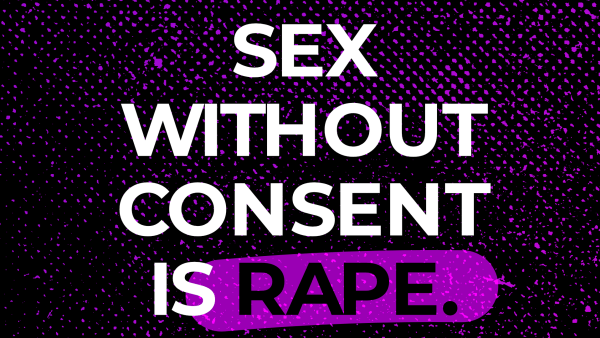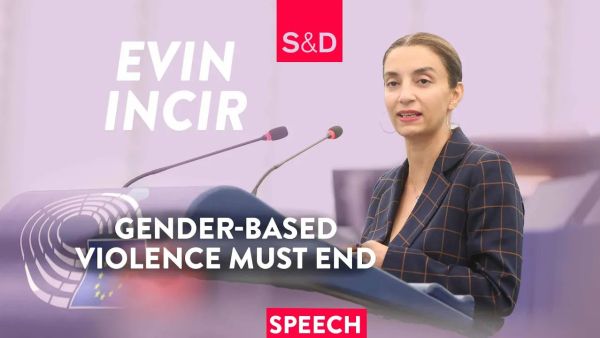Following the announcement of the Austrian government, and decisions by Hungary and the United States not to join the UN Global Compact for Migration, the S&D Group has successfully called for an urgent discussion of the topic in this week’s plenary meeting in Strasbourg.
Ahead of the debate S&D Group president Udo Bullmann said:
“The fact that Austria, currently representing the EU, has decided not to join the UN Global Compact is a shame. The EU way is the UN way: only together can we manage migration. No single state can do it alone.
“The Austrian decision is not surprising. It is just another low in a series of populist manoeuvres catering to the tastes of the far-right, including the well-known instruments of disinformation.
“Everybody knows that the UN rules will not hamper but boost national sovereignty on migration policy and help individual nations to cope. The Austrian presidency is showing itself as unfit to lead the EU, with its right-wing anti-immigration campaign.
“This campaign confirms that the Austrian government, that currently holds the EU Council Presidency, never intended to find fair, sustainable and humane solutions for tackling migration in Europe. While refugees are risking their lives in the Mediterranean, Sebastian Kurz has been blocking and postponing any common response. This is a shame and disgrace for his government and the whole EPP family.”
S&D vice-president Elena Valenciano said:
“There is a spread of wilful misinformation by right-wing populists about the UN Global Compact on refugees and regular migration. Contrary to what they claim, the non-binding compact does not threaten national sovereignty and it makes a clear distinction between those seeking refugee status and economic migrants. It is merely an attempt to recognise the importance of tackling migration in a joined up way and set standards that countries should follow.
“This is part of a worrying trend by the far-right and even mainstream parties to reject multilateral decision making. Migration is, by its very nature, an issue that requires an international response. If we work collectively, it is not beyond our capacity to manage migration in a fair and sustainable way but we need to start by recognising how the causes and effects are connected globally. These compacts are an attempt to do that and it is worrying to see countries at the heart of the EU beginning to turn their backs on responsible, international decision making.”









